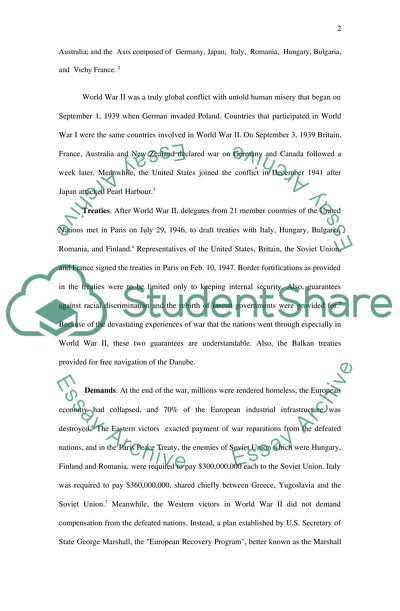Cite this document
(“European History Essay Example | Topics and Well Written Essays - 2000 words”, n.d.)
Retrieved from https://studentshare.org/history/1522174-european-history
Retrieved from https://studentshare.org/history/1522174-european-history
(European History Essay Example | Topics and Well Written Essays - 2000 Words)
https://studentshare.org/history/1522174-european-history.
https://studentshare.org/history/1522174-european-history.
“European History Essay Example | Topics and Well Written Essays - 2000 Words”, n.d. https://studentshare.org/history/1522174-european-history.


